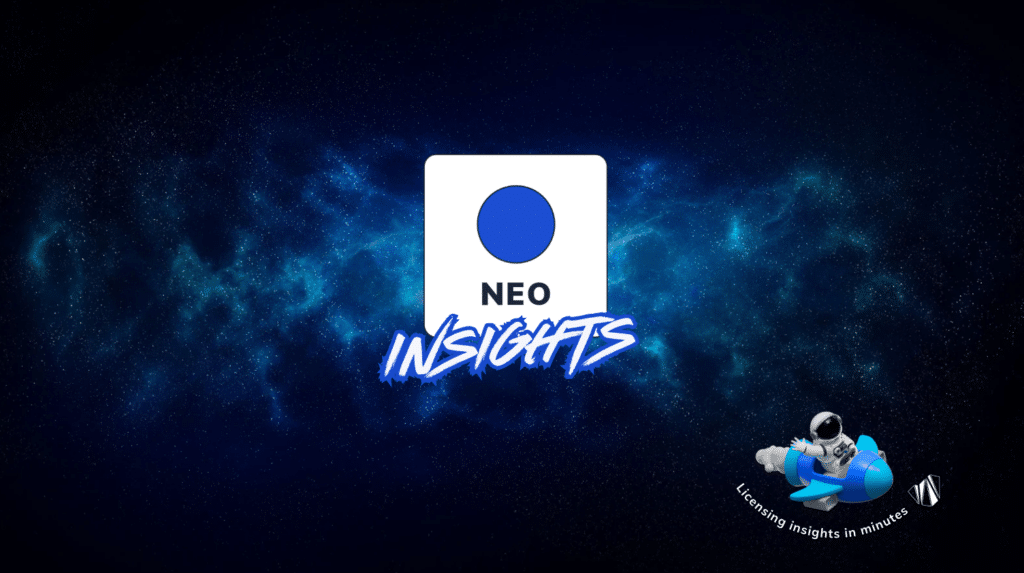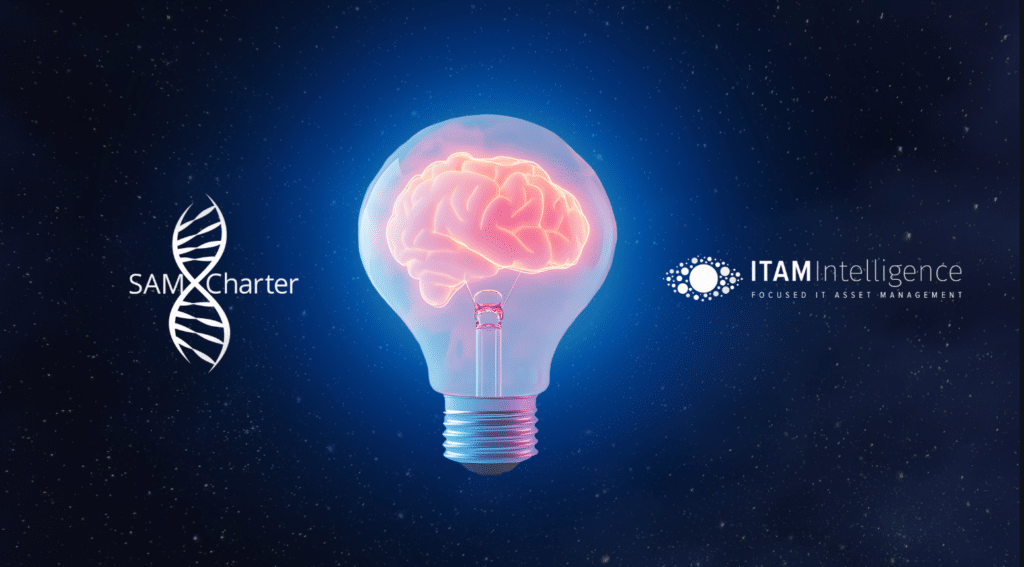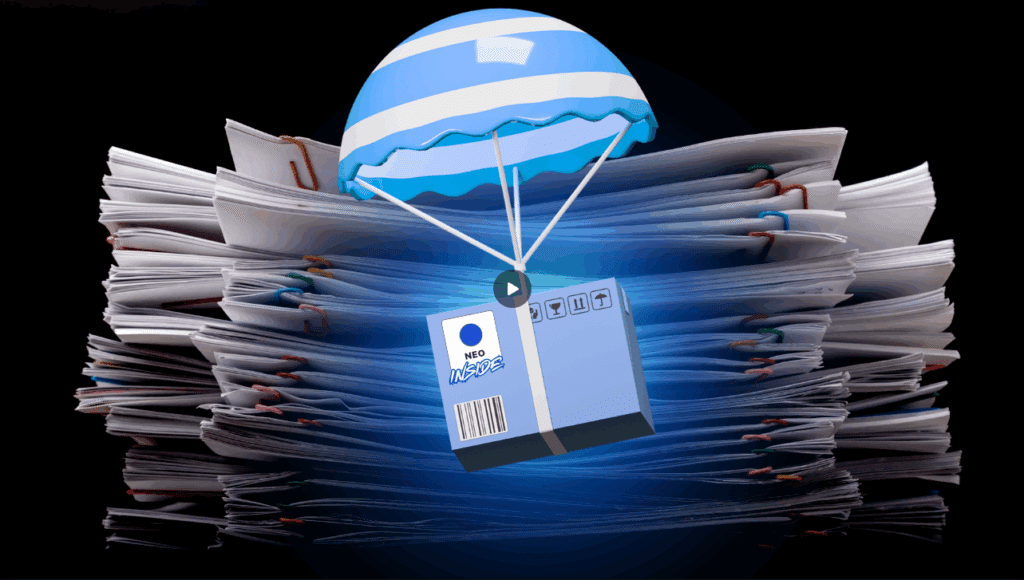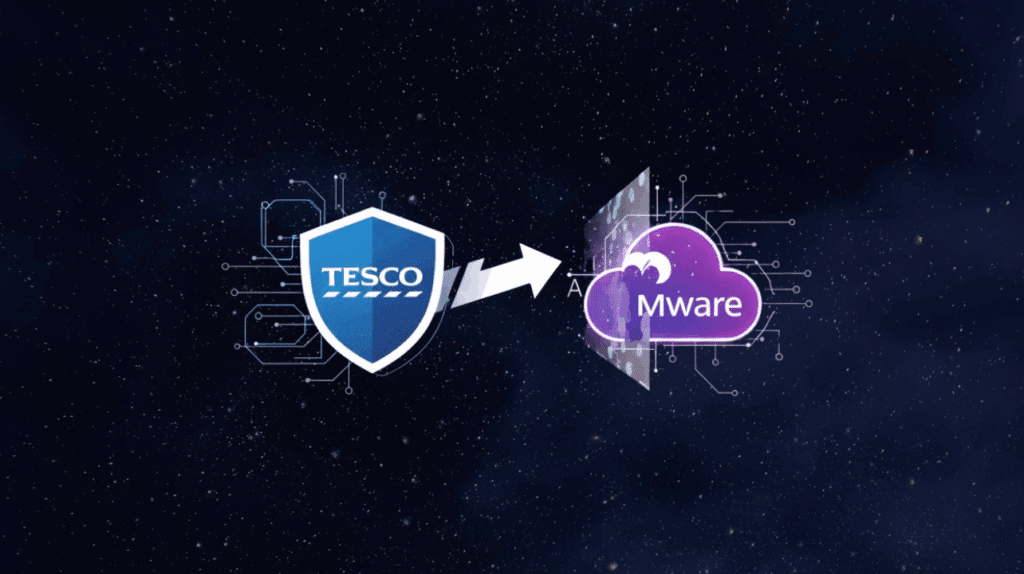Licensing
How to Pass Your Next Software Audit: A 90-Day Preparation Plan
For most IT and procurement leaders, the letter from a major software vendor announcing an impending license audit is a moment of pure dread. A software audit is a disruptive, time-consuming, and often incredibly expensive process that can divert your team from strategic projects for months and result in unbudgeted true-up fees running into the…
Read MoreA Deep Dive into NEO’s Red Hat Enterprise Linux Optimization Report
Red Hat Enterprise Linux (RHEL) is the backbone of modern enterprise IT, prized for its stability, security, and performance. However, managing a large RHEL estate is a complex undertaking fraught with hidden risks and costs. Organizations often struggle with lifecycle management, OS standardization, infrastructure inefficiency, and the constant threat of backdating penalties from subscription gaps.…
Read MoreA Deep Dive into NEO’s Oracle DB Optimization Report
Oracle databases are the powerful, reliable workhorses of the enterprise, but they are also a source of immense complexity and cost. Managing an Oracle estate is a high-stakes balancing act between ensuring compliance, controlling spend, and planning for the future. The central challenge is a lack of clarity. Without a clear, data-driven picture of your…
Read MoreThe Spreadsheet That Runs Your Multi-Million Dollar Renewal
Somewhere in your organization, there is a spreadsheet. It is probably named something like Vendor_Renewal_Tracking_v27_final_FINAL.xlsx. This spreadsheet is the unofficial, yet completely authoritative, system of record for your upcoming multi-million dollar software renewal. It contains a chaotic mix of exported data, manual entries, and educated guesses. It is owned by a committee of people who…
Read MoreSoftware Rationalization Playbook
Why Software Rationalization Breaks Down at Enterprise Scale Software rationalization does not fail due to lack of intent or intelligence. It fails because of structural realities in large organisations: software data is spread across multiple, imperfect sources, no single tool ever confirms the full picture, software enters the estate faster than governance can react, and…
Read MoreFrom Copilot to Coworker: Licensing the New Digital Workforce
For the past thirty years, the “seat” has been the atomic unit of the software industry. You hired a human, you provisioned a laptop, and you bought a User Subscription License (USL). The math was linear: Headcount = License Count. But as we move deeper into the AI era, that equation is breaking. With the…
Read MoreRobots.txt is Now a License Agreement: The New Rules of Data Licensing
The era of “Fair Use” scraping is officially closing. A new extension to the web’s standard exclusion protocol, robots.txt 2.0 (via the Automated Content Access Protocol extensions), now enables publishers to attach granular pricing models to their content. For AI firms accustomed to unrestricted data harvesting, this shift from “Opt-Out” to “Pay-per-Output” represents a catastrophic…
Read MoreFrom Noise to Narrative: Turning IT Inventory into Strategic Intelligence with 🔵 NEO
We often talk about the importance of data collection. With tools like LICENSEWARE Collector, gathering the raw inventory of your IT estate is easier than ever. But data without context is just noise. The real challenge for ITAM and SAM managers today isn’t just seeing what you have, it’s understanding what it means for your…
Read MoreLICENSEWARE and Middlecon Partner to bring Data Agnostic SAM Tooling to the Nordics
Licenseware is expanding its footprint in the Nordics through a strategic partnership with Middlecon, a Stockholm-based IT solutions provider with a strong reputation for high-performance infrastructure and deep expertise across complex enterprise environments. Middlecon has long been known for helping customers optimize demanding server and storage ecosystems, and this collaboration adds a new dimension to…
Read MoreOracle Java: Renewal or Replacement?
The introduction of the Oracle Java SE Universal Subscription has created a bifurcation event in enterprise software strategy. By shifting from usage-based metrics (Processors/NUPs) to a strict “Employee” headcount metric, Oracle has effectively decoupled licensing costs from technical value. This article analyzes the financial impact of this shift and provides a detailed comparison of market…
Read MoreHow to Improve SAM Maturity: Real Examples from Utility and Insurance Sectors
Navigating the complexities of IT Asset Management (ITAM) and Software Asset Management (SAM) requires more than just tools—it requires clarity, governance, and strategy. Before diving into the “how,” it is vital to understand the “why.” If you are unsure about the strategic value of these assessments, read more about why you should measure your ITAM…
Read MoreMigrating from a propriatary Microsoft based stack to open source Linux based
Migrating from Microsoft / Proprietary Desktop Stack to Open Source A technical deep dive into licensing, cost structure, usability, and risk when moving from a Windows + Microsoft 365–style stack to Linux and open source applications. 1. What this migration actually changes In most organizations, “Microsoft stack” on the desktop means Windows as the client…
Read MoreCase Study: Preventing a $3M Oracle Exposure
When you work with Oracle licensing, the tiniest technical detail can reshape your entire commercial reality. A recent engagement made this painfully clear for a global organisation running Oracle Database on a private hosting provider. What they believed about their environment turned out to be very different from how it actually operated, and that gap…
Read MoreWhy Cutting Friction Beats Cutting Tools
Enterprise IT teams are under more pressure than ever to control costs without slowing down the business. And with large organizations now spending close to $5,000 per employee per year on enterprise tools, the instinct is often to slash licenses, consolidate platforms, and trim the stack until the spend graph looks more reasonable. But Forrester’s…
Read MoreIntroducing 🔵 NEO Contract Analysis
The future of contract intelligence has just landed inside LCM, and it’s packing serious firepower. NEO Insights for your contracts is live. 🔥Upload your contract PDFs, trigger the analysis, and watch NEO turn scattered legalese into structured, actionable intelligence you can actually use in negotiations, benchmarking, and spend optimization. This isn’t just another document scanner.…
Read MoreThe Cost of Unsupported OpenJDK in Financial Infrastructure
For twenty years, the global financial ecosystem has been constructed on the foundation of Java. From the ultra-low latency requirements of High-Frequency Trading (HFT) desks in London to the core ledger systems of Wall Street, Java’s stability was the currency of trust. However, a quiet shift in the software supply chain has introduced a systemic…
Read MoreTesco vs Broadcom / VMware / Computacenter is turning into a landmark lawsuit
The case of Tesco vs Broadcom / VMware / Computacenter is turning into a landmark lawsuit that strikes at core software-licensing practices. Tesco is suing for at least £100 million in damages, and is seeking declarations, injunctive relief (to force supply), and specific performance. What’s driving the lawsuit What Tesco is claiming The legal grounds…
Read MoreThe Oracle Java 21 Countdown Is On
The September 2026 Java Cliff: Are You Ready? The end of free updates for Oracle Java 21 is closer than it appears. With the mandatory switch to a paid OTN license looming, organizations face a choice: upgrade to Java 25 or face a potential multi-million dollar compliance bill. The Support Lifecycle Roadmap 21 Sept 2023…
Read MoreFor Military VMware users: When Underwater Operations Meet Licensing Flexibility
Fun fact: VMware has introduced a new “critical” license designation to accommodate environments where continuous connectivity for license reporting is impossible, like military submarines. This tweak highlights the growing need for licensing models that account for truly disconnected or highly secure environments. What Changed VMware software subscriptions traditionally require one of two licensing modes: However,…
Read MoreMicrosoft Ends Volume Discounts: Why the Change Matters for Licensing Strategy
On November 1, 2025, Microsoft is eliminating the longstanding volume-based “waterfall” discounts (Levels B–D) for Online Services under Enterprise Agreements (EA), MPSA, and OSPA. All customers will pay Level A list pricing for services like Microsoft 365, Dynamics 365, Azure, and more, drastically reducing the value of bulk licensing. This pivot has big implications for budgeting, cloud adoption, and…
Read More



















